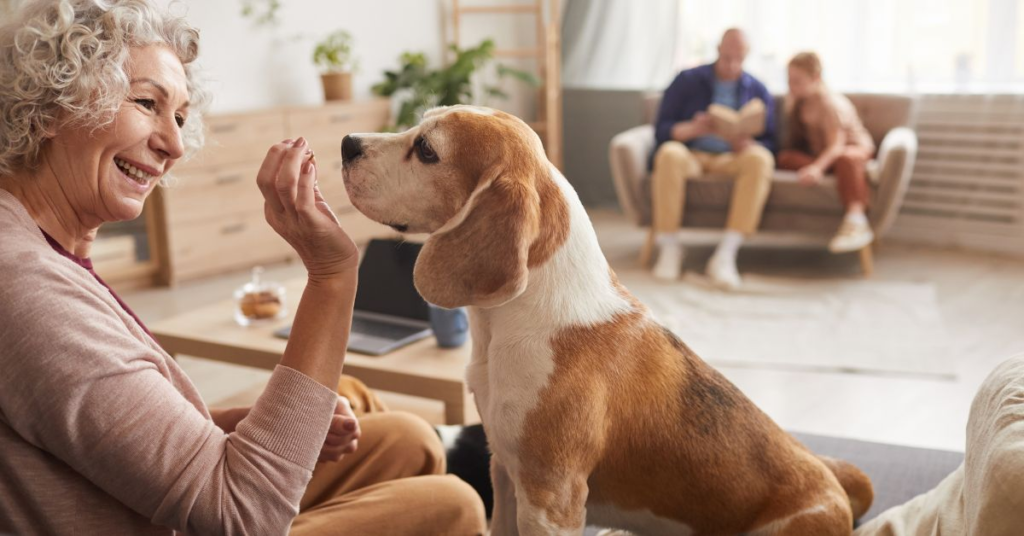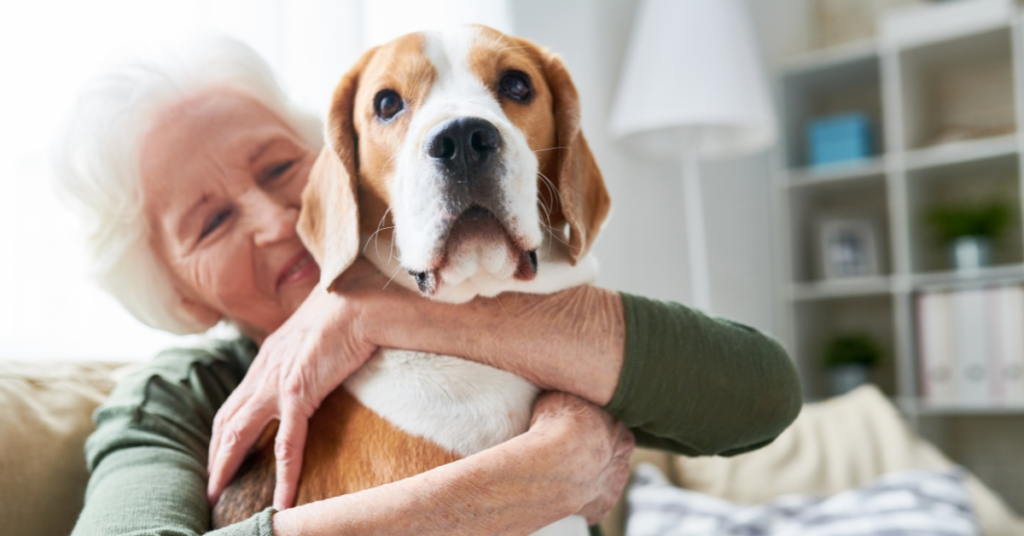Worst Dog Breeds For Seniors

Worst Dog Breeds For Seniors:- Choosing the right dog breed as a senior companion can be a complex decision. While many dogs are known for their companionship, not all breeds are suitable for seniors. Certain breeds require high levels of activity, attention, or care, which can be overwhelming for older adults. For seniors, it’s important to select a dog that fits their energy level, lifestyle, and physical capabilities.
In this article, we’ll explore 30 dog breeds that are generally the Worst Dog Breeds For Seniors, and we’ll explain the reasons why these breeds may be problematic for elderly individuals.

1. Dalmatian
Dalmatians are strikingly beautiful, and known for their iconic black spots and high energy levels. They have a long history as firehouse mascots and were once used for rescue missions. However, Dalmatians are not a good choice for seniors due to their extreme physical needs. These dogs require frequent and vigorous exercise. If their energy isn’t properly channeled, they can become destructive and emotionally unstable. They also shed year-round and are known to be stubborn, making them difficult to train without experience. These traits make them a challenging breed for older adults to handle.
2. Husky
Huskies are energetic powerhouses that require constant activity and mental stimulation. They are independent, playful, and prone to escape attempts, thanks to their digging and jumping skills. Huskies also have a significant wanderlust potential, making them difficult to contain. Additionally, their love for chewing can wreak havoc on a home if they’re not given sufficient exercise and attention. Huskies’ high energy levels and strong-willed nature make them unsuitable for seniors who are seeking a more relaxed, manageable companion.
3. Labrador Retriever
Labrador Retrievers are one of the most popular family dog breeds, known for their loyalty and playful nature. They make wonderful pets for families and are often used as service dogs. However, Labs are also bred for work and have high energy demands. They require extensive daily exercise and mental stimulation, which can be too much for seniors to manage, particularly those with limited mobility or energy.
4. Border Collie
Border Collies are famous for their intelligence and work ethic. Bred to herd livestock, they are naturally energetic and require constant mental and physical engagement. Without sufficient activity, they can become restless and destructive. Their high energy levels make them an unsuitable match for seniors who may not have the time or ability to provide the necessary level of care and exercise. Border Collie is the Worst Dog Breeds For Seniors.

5. Pit Bull
Pit Bulls are often chosen for protection, but they are not suitable for seniors due to their physical and mental demands. Despite their reputation, which is often unfairly negative, Pit Bulls require significant training and activity. They were originally bred for fighting, which has led to strong, muscular bodies and a temperament that requires experienced handling. This breed also requires an outlet for its energy, and without adequate stimulation, Pit Bulls can become frustrated and unmanageable.
6. Australian Shepherd
Australian Shepherds are hardworking, intelligent dogs often used by ranchers to herd cattle. They are extremely energetic and require a lot of daily exercise. This breed thrives in open spaces and requires plenty of mental stimulation. Australian Shepherds are not well-suited to apartment living or seniors with a sedentary lifestyle. Their need for space and activity, combined with their rambunctious nature, makes them a poor choice for elderly individuals.
7. Pug
While Pugs may seem like a small, manageable breed, they come with their own set of challenges. Pugs are known for their respiratory issues, due to their short muzzles, which can lead to snorting, wheezing, and frequent veterinary visits. They are also prone to obesity if not properly exercised, and their shedding can be a constant issue. Pugs can be stubborn and difficult to housebreak, making them less than ideal for seniors who might prefer a low-maintenance companion.
8. Beagle
Beagles are another breed that, despite their small size, require significant attention. Known for their energetic personalities, Beagles are highly active and love to explore. Their curious nature can lead them to get into trouble, and they can be difficult to train due to their stubbornness. Beagles are also vocal dogs, prone to howling and barking, which can be disruptive in a quiet home. Their energy levels and strong-willed personalities make them a difficult breed for seniors to manage.

9. Jack Russell Terrier
Jack Russell Terriers are small dogs with big personalities. They are highly energetic and require plenty of physical and mental stimulation. This breed was originally bred for hunting, so they have a high prey drive and can be difficult to train. Their boundless energy and strength will make them a poor choice for seniors who may not have the ability to keep up with their needs.
10. Rottweiler
Rottweilers are powerful, muscular dogs that require a firm, experienced hand. While they can be loyal and protective companions, they are not suited for seniors due to their strength and need for constant training and exercise. Without proper guidance and activity, Rottweilers can become dominant and difficult to handle.
11. Doberman Pinscher
Dobermans are intelligent and athletic dogs, often used as guard dogs. However, they require a lot of exercise and mental stimulation. They can be stubborn and require consistent training. For seniors, especially those with limited mobility, managing a Doberman’s energy and strength can be overwhelming.
12. German Shepherd
German Shepherds are intelligent and loyal, often used in police and military work. However, they require a lot of exercise and mental stimulation to stay healthy and happy. Their high energy levels and need for constant engagement can make them a poor choice for elderly individuals who may not have the time or energy to keep up.
13. Boxer
Boxers are playful and energetic dogs that require a lot of exercise. While they can be affectionate companions, their high energy levels and exuberance can be overwhelming for seniors. Boxers also have a tendency to jump up on people, which can be a concern for elderly individuals who may be unsteady on their feet.
Conclusion
While there are many dog breeds that make excellent companions for seniors, the breeds listed above may be too demanding in terms of exercise, training, or care. When selecting a dog, it’s important for seniors to consider their own physical abilities and lifestyle, and choose a breed that matches their energy level and needs. Dogs are wonderful companions, but not all breeds are suitable for every stage of life.
Also Read:-




